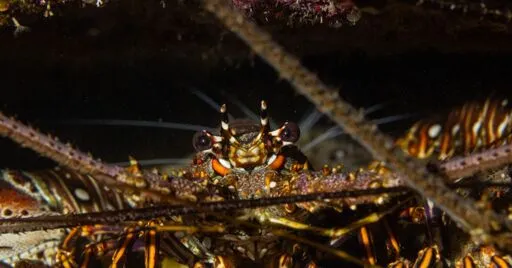
A new study has produced strong evidence that red meat consumption is a trigger for inflammatory bowel disease (IBD), demonstrating how it alters gut bacteria and immune activity in ways that worsen inflammation. It furthers scientific knowledge of the many pathways involved in inflammation, taking…


